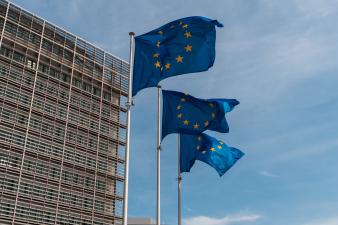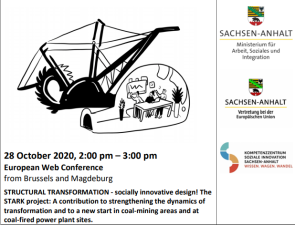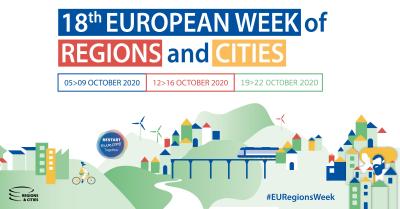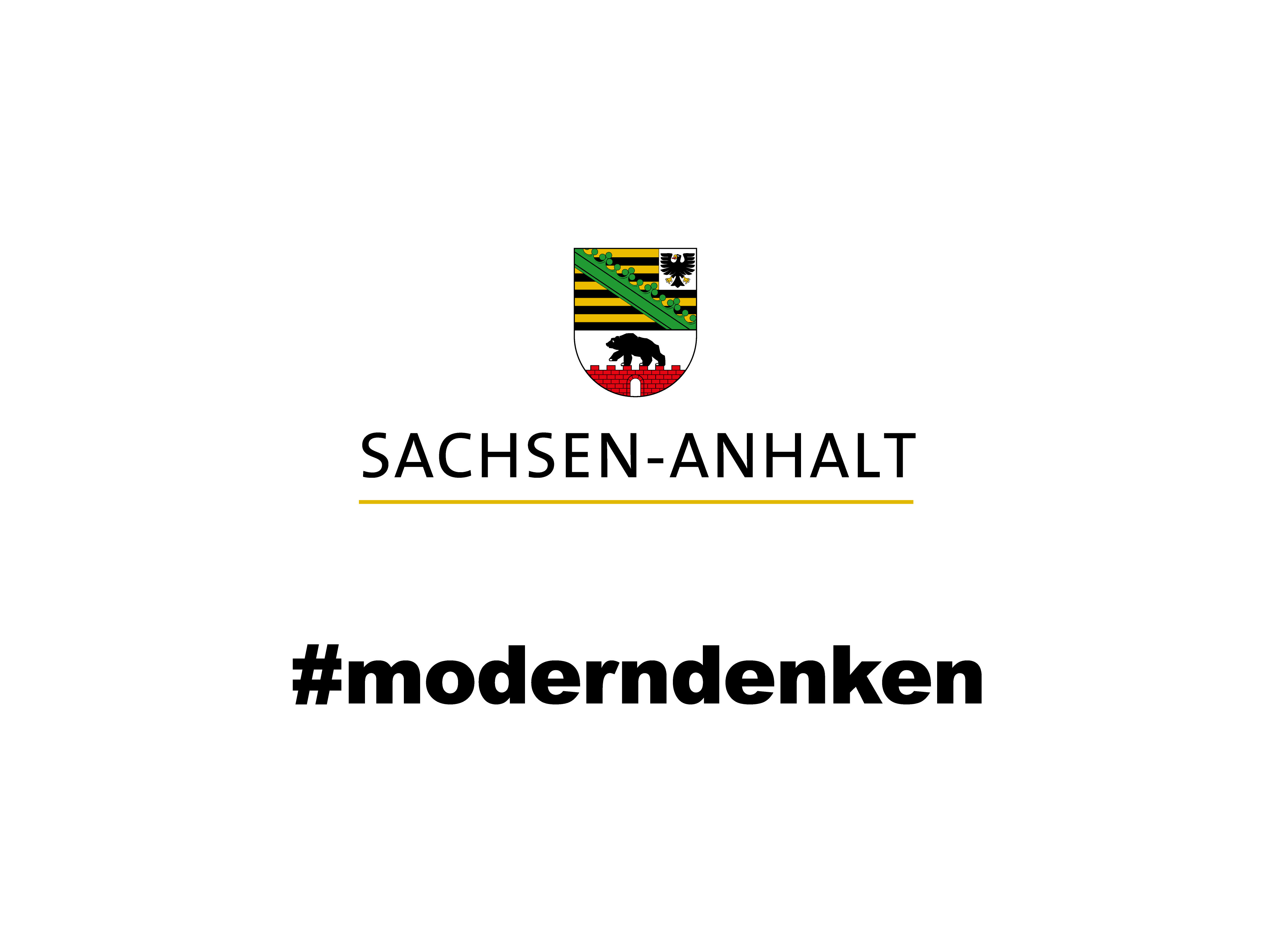
Key priorities in the field of R&I are primarily based on the areas covered by the RIS3 Lead Markets (see below) and include related issues such as internationalisation, interregional cooperation (interregional innovation investments, Interreg Europe etc.) and the future of research, innovation and smart specialisation in the context of the COVID pandemic, the European Green Deal and the (just) transition to a low-carbon economy as well as societal challenges such as digitisation and demographic change, including its effects on public services and the health sector.
The Representation of Saxony-Anhalt to the EU is part of the State Chancellery and Ministry for Cultural Affairs and, as such, represents the interests of the regional government. We also work closely with regional stakeholders such as universities, research organisations and trade associations.
The representation’s team has substantial experience of working in R&I policy and practice.
Contact detail
-
Contact person
-
Brussels Office Address
Boulevard Saint Michel 80
1040 Brussels
Belgium
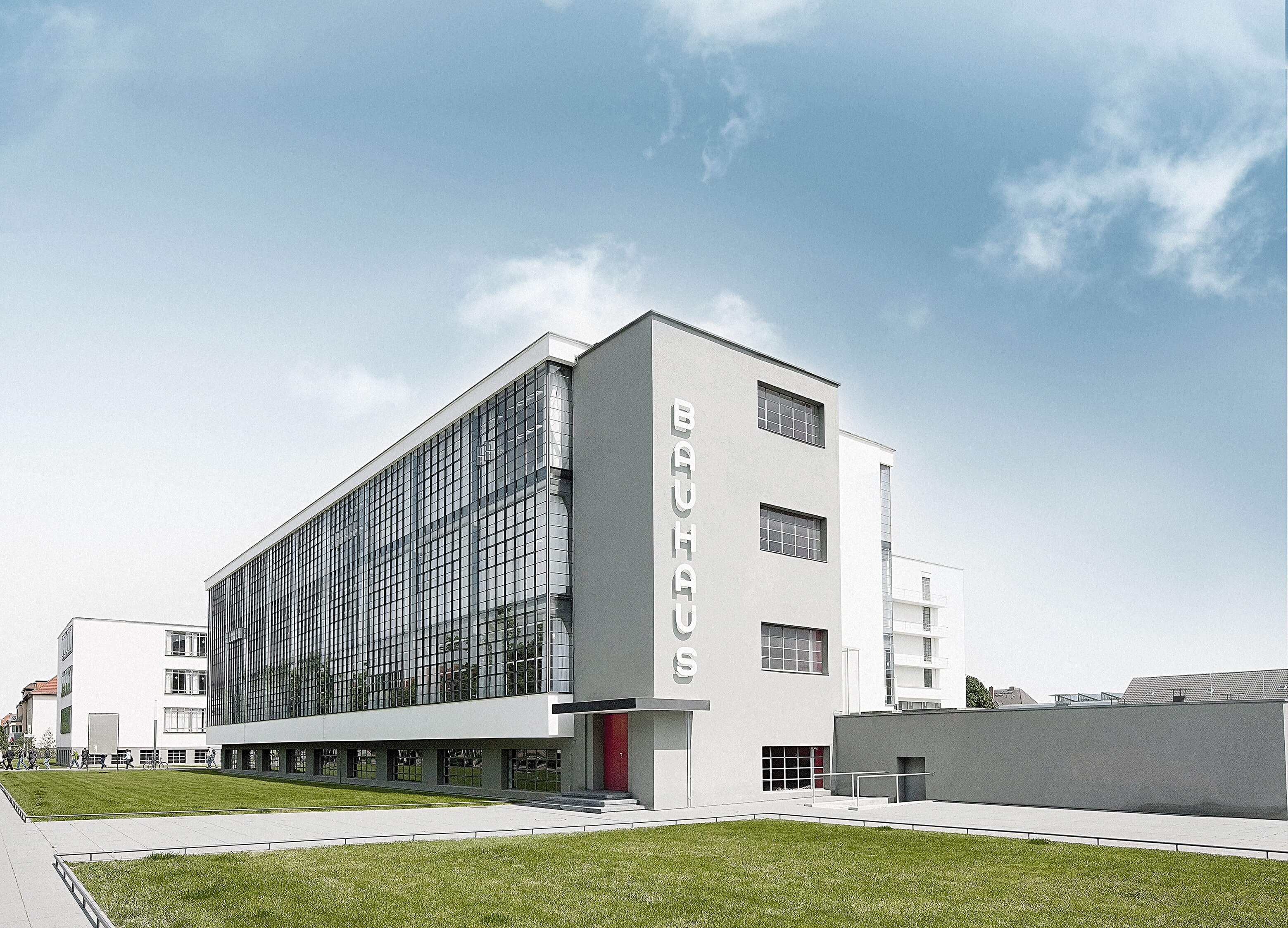
S3 Strategy
As part of the regional smart specialisation process, Saxony-Anhalt set out its Regional Innovation Strategy (RIS3) 2014-2020. Building on earlier strategies, the RIS3 includes five priority areas (“Lead Markets”) which were identified on the basis of key regional strengths and with a view to identifying future global challenges and opportunities. The Lead Markets are:
- Energy, Engineering and Factory Construction, Resource Efficiency
- Health and Medicine
- Mobility and Logistics
- Chemistry and Bioeconomy
- Food and Agriculture
Accompanying the Lead Markets are three cross-sectoral areas (ICT, Nanotechnology, Microtechnology) seen as vital components for successful innovation in all industries. As key technologies, the cross-sectoral fields can link activities in the Lead Markets, thereby enabling a holistic approach to innovation.
In implementing and monitoring RIS3, specific projects and activities within the Lead Markets and cross-sectoral fields have been developed on the basis of the entrepreneurial discovery process (EDP).
The main RIS3 governance structure bodies are:
- An advisory council to the Ministry of Economy, Science and Digitalisation (“Cluster- und Innovationsbeirat”)
- An inter-ministerial working group
- A RIS secretariat within the Ministry of Economy, Science and Digitalisation
Five working groups for each of the Lead Markets, bringing together relevant stakeholders.
Strategic R&I Projects
Beyond EDP
How can we stimulate European businesses, knowledge institutes, and relevant partners to join forces to discover new ideas which could lead to innovation? Beyond EDP focuses on this question aiming to strengthen the entrepreneurial discovery process in Europe and boosting the Regional Innovation smart specialisation strategy (RIS3) adopted in 2014.
WEBSITE>S3Chem
Chemical innovations are important for many downstream industries and foster solutions for societal challenges such as energy, new materials, etc. S3Chem aims to improve the implementation of RIS3 with focus on chemical-related topics through interregional exchange of experiences and mutual learning between public authorities from seven European chemical regions.
WEBSITE>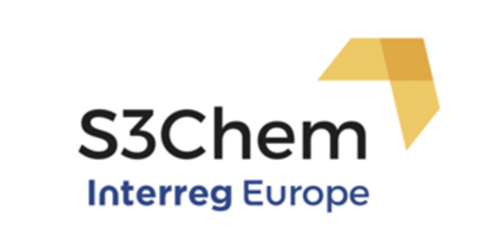
Deep Health
The project DeepHealth will combine High-Performance Computing infrastructures with Deep Learning and Artificial Intelligence techniques to support biomedical applications that require the analysis of large and complex biomedical datasets and thus, new and more efficient ways of diagnosis, monitoring and treatment of diseases.
WEBSITE>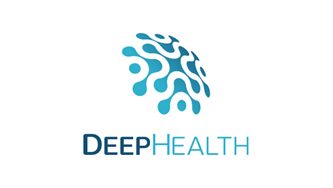
EpiDiverse
EpiDiverse is a Marie Skłodowska-Curie Innovative Training Network aimed at the study of epigenetic variation in wild plant species. Understanding the epigenetic contribution to adaptive capacity will help to better understand species responses to global environmental change, and can open new directions for sustainable agriculture and crop breeding.
WEBSITE>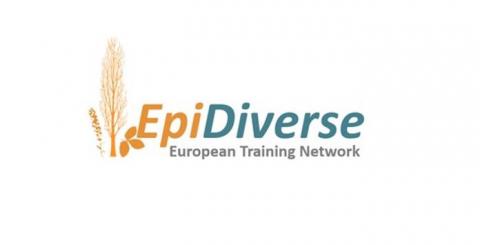
Latest Tweets
Latest Tweets
Latest Updates
- By Hilary Webb
Policy WG: The regional dimension of the European Research Area
The first Policy WG meeting of 2021 will discuss the regional dimension of the European Research Area, following the Commission's communication.
- By Hilary Webb
Structural Transformation - Socially innovative design
This webinar will ask if and how social policy and the European Green Deal go together. Saxony-Anhalt will use its experience to demonstrate how it is possible to successfully phase out coal production, while pressing that focussing on economic aspects alone is not enough.
- By Hilary Webb
EWRC session: Cohesion and cooperation in transition
This workshop will press the importance of EU funding for research and interregional cooperation and facilitate active knowledge exchange between policy experts from partner regions.
- By Hilary Webb
Algae – Sustainable biomass production for a green economy and the future of nutrition in Europe – Innovations made in Saxony-Anhalt
The Representation of the State of Saxony-Anhalt to the European Union and the Ministry for Economic Affairs, Science and Digitalisation of the State of Saxony-Anhalt cordially invite you to attend “Algae – Sustainable biomass production for a green economy and the future of nutrition in Europe – Innovations made in Saxony-Anhalt” on Tuesday, 5 November 2019 from 2 pm to 5 pm a
- By Anonymous
Adaptation to climate change in the agricultural sector
Adaption to climate change in the agricultural sector Like no other the agricultural sector is directly dependent on the climate and the weather. Rising temperatures and hotter summers are being expected. Also the amount and distribution of rainfall will change. Both will lead to a lower quality of crops as well as lower crop yields and can lead as far as a complete crop failure.
